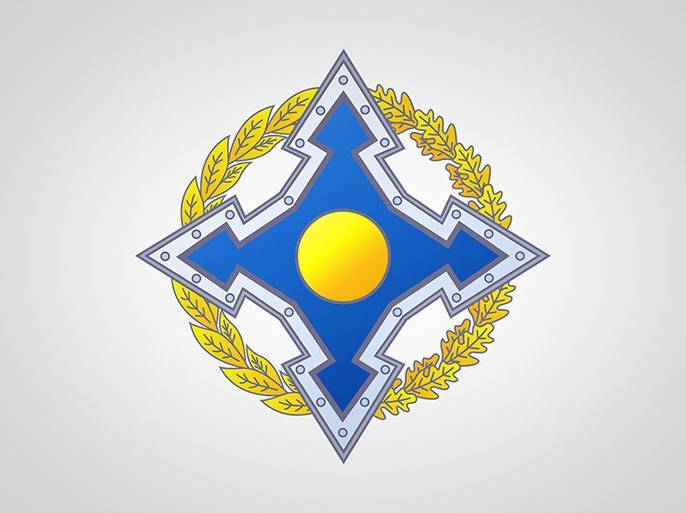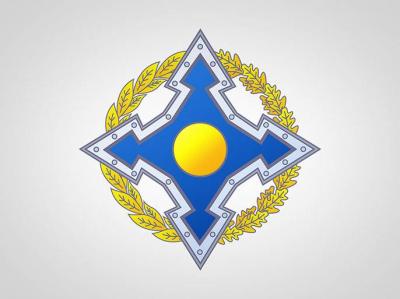The Russian government has announced its approval of a draft protocol concerning amendments to the Collective Security Treaty.
The organization confirmed in a statement today, Friday, that the draft protocol to amend the Collective Security Treaty dated October 6, 2007, presented by the Russian Ministry of Foreign Affairs and approved by the Russian Ministry of Defense and other relevant executive bodies, has been accepted. The document in question has been published on the official website of the organization. It is planned to submit a proposal for the signing of the protocol to Russian President Vladimir Putin.
In a related context, Russian Defense Minister Sergey Shoigu considered that the activities undertaken by the Collective Security Treaty Organization have strengthened cooperation among the military bodies of the member states.
The Collective Security Organization is a political-military alliance that includes Russia and six republics of the former Soviet Union, through which Moscow seeks to restore the glory of the Warsaw Pact and counter NATO aspirations. The organization was established on October 7, 2002, based on the Collective Security Treaty signed on May 17, 1992. Its members include Russia, Belarus, Kazakhstan, Tajikistan, Uzbekistan, Kyrgyzstan, and Armenia, while Georgia and Azerbaijan have withdrawn from the organization.
The organization's headquarters is located in the Russian capital, Moscow, and it has a permanent secretariat, while member states take turns chairing the group, with the presidency lasting for one year. The organization seeks to achieve a range of objectives in the political and military fields, ensuring collective security and defending the sovereignty, independence, and unity of member states, as well as military cooperation and maintaining security and peace in the region. This includes combating terrorism and organized crime and preventing the proliferation of weapons of mass destruction.
The organization's charter stipulates that member states refrain from the use of force or threats against each other and from joining other military alliances. It also states that an attack on any member of the group is considered an attack on the other members. The parties to the treaty face many challenges, including the unification of their position regarding the militarization of the treaty, a goal Russia seeks to achieve in order to confront NATO ambitions and contain its aspirations on the Asian continent.
This Russian endeavor has raised many concerns among some parties to the treaty, which see it as an attempt to revive the Warsaw Pact and restrict their options and sovereign policies.




